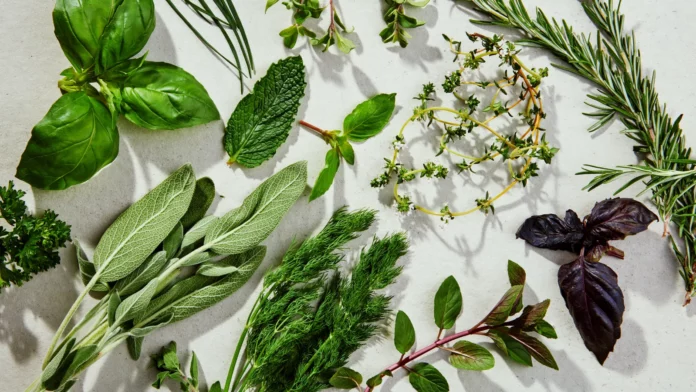The Ogun State Alternative Medicine Board (OGAMB) has launched a herbal plantation initiative aimed at protecting endangered medicinal plants and promoting traditional healthcare.
The plantation, located on a 17-acre plot in the state, will house a wide range of herbal roots and plants for both local use and international export, the board announced on Thursday during its third-quarter meeting held at Oke-Mosan, Abeokuta.
Chairman of OGAMB, Balogun Olaleye, said the project is part of efforts to revive declining species of medicinal plants, many of which are at risk of extinction due to deforestation, climate change, over-harvesting, and habitat destruction.
“There are about 50,000 to 80,000 known medicinal plant species worldwide, and approximately 15,000 are currently threatened,” Olaleye said. “About 20% of wild medicinal plants have already been lost. This is why sustainable harvesting, cultivation, and land management are now more important than ever.”
He explained that the state’s herbal plantation project will cultivate and monitor endangered plant species, helping to protect them from extinction while generating revenue for Ogun State.
“Some of these plants will be grown and retained in Ogun for the benefit of our people and also for export,” he added. “It will not only help our healthcare sector but also contribute to the state’s economy.”
Olaleye highlighted that the board plays a complementary role in the health sector, especially in underserved communities where access to conventional medical care remains a challenge.
He noted that Africa and China are among the regions worst affected by the loss of medicinal plants due to poor harvesting practices, making the Ogun initiative timely and essential.
Speaking at the same event, the Registrar and Executive Secretary of the board, Dr. Kafayat Lawal, revealed that the board’s work has already started yielding results.
According to her, UNICEF has commended the Ogun State Government for its coordination of traditional birth attendants across the state.
Lawal disclosed that plans are underway for a training collaboration between OGAMB and UNICEF aimed at improving the capacity of traditional birth attendants, especially in data collection and safer delivery practices.
“This partnership will help reduce child mortality in Ogun by improving the quality and reporting of maternal health services,” she said.
She praised the current administration for its support and vision in strengthening traditional medicine, describing it as a bold step towards inclusive and culturally relevant healthcare.
The Ogun herbal farming initiative is seen by health experts and environmentalists as a model that could be replicated across Nigeria and other African countries where traditional medicine plays a significant role in community healthcare.
With growing global demand for natural remedies and plant-based medicines, the project may also open up new markets and research opportunities for Ogun State in the future.

